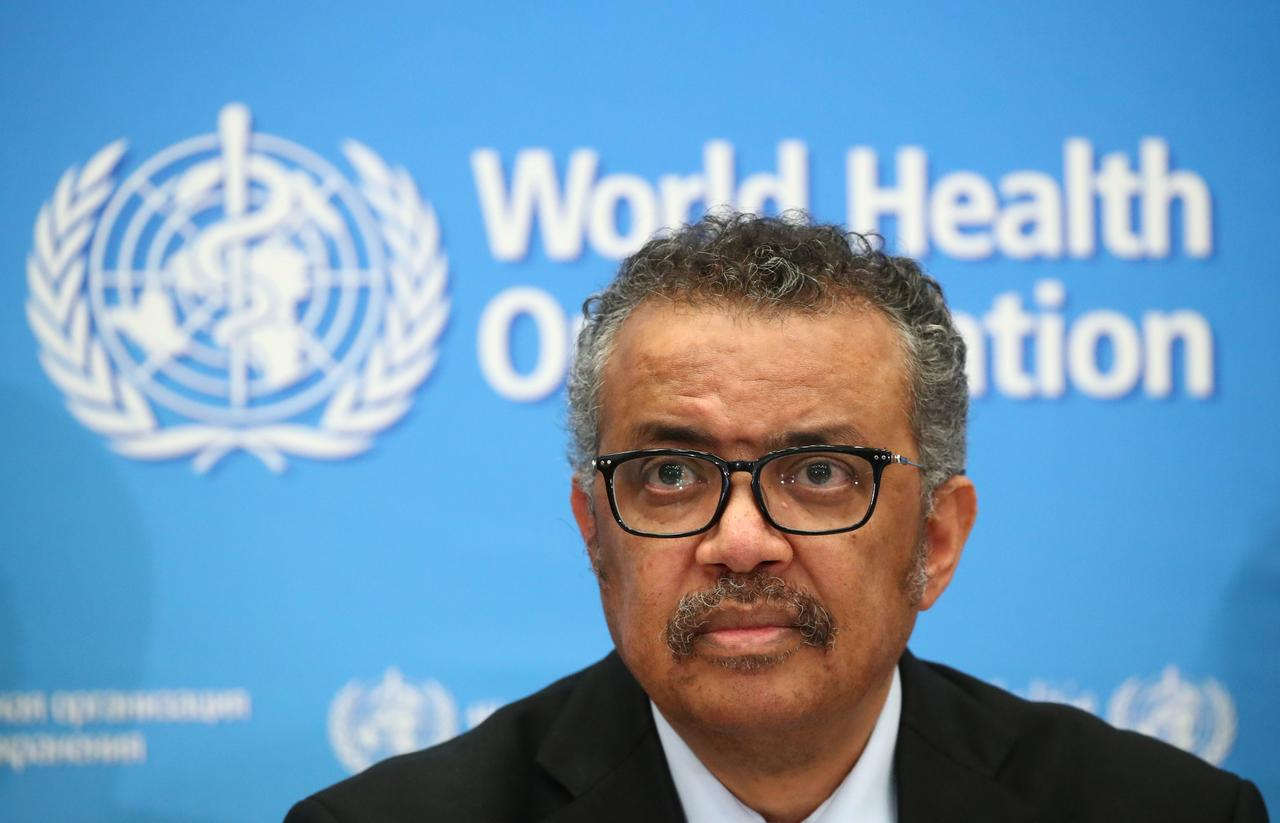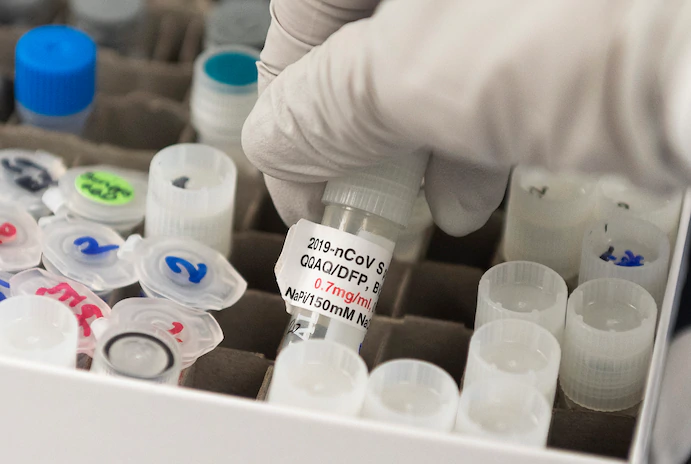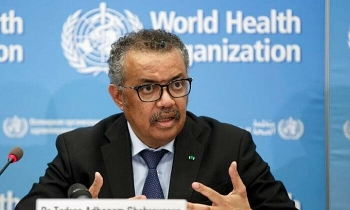WHO warns vaccines won’t help immediately fend off COVID-19 infections
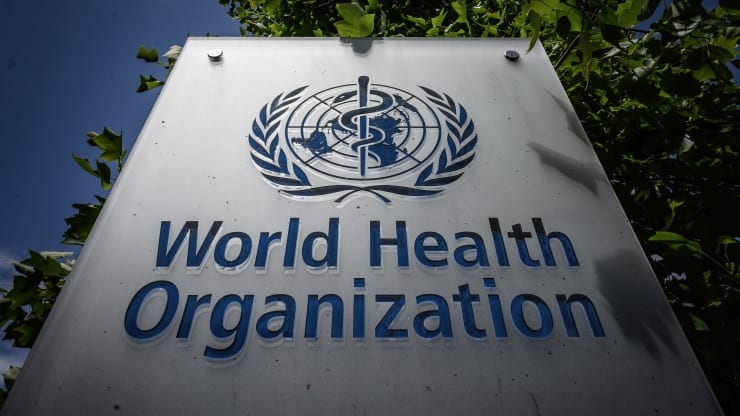 |
| (Photo: CNBC) |
“We’re not there with vaccines yet. We will get there, but we’re not there,” said Dr. Mike Ryan, executive director of the WHO’s health emergencies program, during a live Q&A event. “And many countries are going through this wave, and they’re going to go through this wave and continue through this wave without vaccines.”
“There is now aggressive, unrelenting, expanding broad community spread across the country, reaching most counties, without evidence of improvement but rather, further deterioration,” read the White House coronavirus task force’s latest weekly report, which was obtained by NBC News.
The outcomes of severely-ill patients could get worse in some countries with overburdened health systems since health-care workers are forced to ration their time and attention, Ryan was quoted by CNBC as saying.
“Not only do we have full hospitals, but in those hospitals, patients won’t do so well,” he said. “There’s only one way to stop more people from needing to go to the hospital, and that’s to stop more people getting exposed and getting infected.”
The WHO’s warning comes as Pfizer announced on Wednesday that the final data analysis of its vaccine shows it’s 95% effective in preventing Covid-19. On Monday, Moderna reported preliminary phase three trial data that similarly showed its vaccine is more than 94% effective in preventing Covid-19.
It will likely take months, maybe even more than a year, to distribute enough doses for the U.S. and the rest of the world to suppress the virus, public health officials and health experts warn.
“Some people think that vaccine will be, in a sense, the solution. The unicorn we’ve all been chasing. It’s not,” Ryan said. “How do we get Covid to equal 0? Adding vaccines is going to give us a huge chance, but if we add vaccines and forget the other things, Covid does not go to zero.”
Maria van Kerkhove, head of the WHO’s emerging diseases and zoonosis unit, said the vaccine will add another piece to a “toolkit” of public health measures that will be necessary to thwart the virus’ spread.
Other tools include drugs to treat severely ill patients and adherence to recommended public health measures like social distancing, mask wearing, avoiding crowds and hand hygiene.
Weeks of growing Covid-19 cases have forced countries in Europe, including the United Kingdom, France and Germany, to adopt strict actions to curb the virus’ spread, shuttering nonessential businesses and advising residents to stay home as much as possible.
Those efforts appear to be working so far, with Europe reporting a 10% decline in cases over the past week “for the first time in over three months,” according to WHO’s latest situation report published on Tuesday.
Coronavirus deaths, which typically lag reported cases by weeks, increased 18% in the region over that same period, however. In the Americas, cases were up 41% for the week and deaths climbed by 11%, according to WHO’s report.
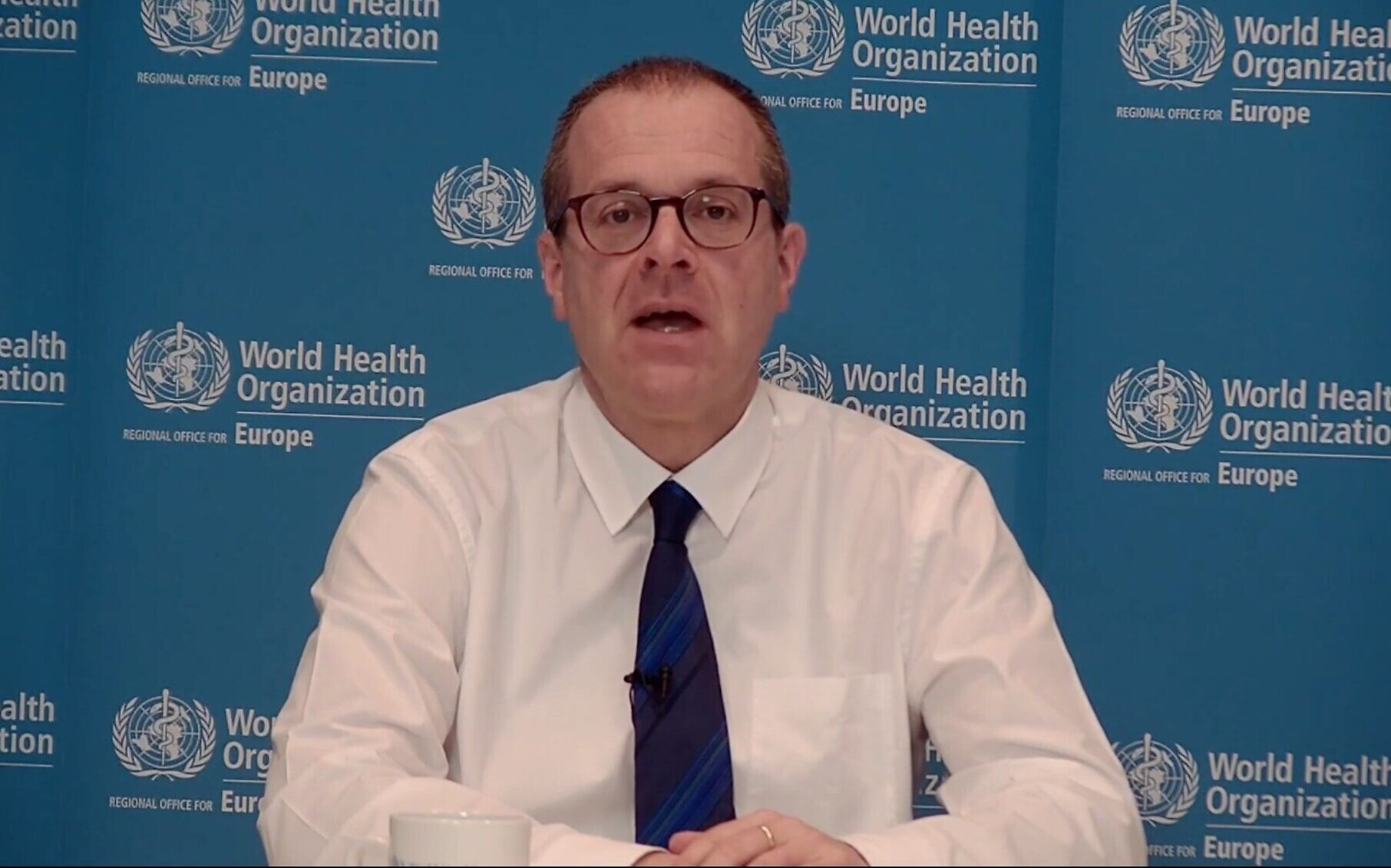 |
| WHO Europe's Regional Director Hans Kluge (Photo: Times of Isareal) |
At a news briefing on Thursday, WHO Europe's Regional Director Hans Kluge stressed that lockdowns should be a "last resort," and urged the public to follow guidance to help to prevent deaths.
He said that if 95% of people wore masks, instead of the current 60%, "lockdowns would not be needed" -- although he added that mask use was not a "panacea" and needed to be combined with other measures.
"If we all do our share, lockdowns are avoidable," Kluge said.
He noted that hundreds of millions of people are currently living under lockdowns, which require economic support and cause job losses, disruption to health services and collateral damage in terms of mental health, substance abuse and gender-based violence.
Kluge, speaking in Copenhagen, Denmark, warned of the "negative impact of easing too quickly," saying restrictions should only be relaxed gradually.
Kluge said countries should ensure safe learning, with most European countries keeping schools open in their latest lockdowns and children not considered primary drivers of transmission, according to KMOV4.
| The coronavirus which first detected in China’s Wuhan city last December quickly spread around the world, devastating people’s life and the global’s every domain. To date, over 57.2 million have contracted the virus, at least 1.36 million deaths reported. The US, India and Brazil are the three hardest-hit countries. |
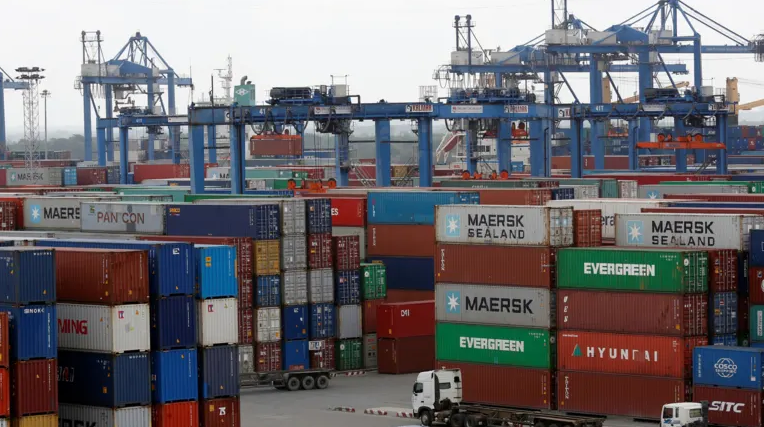 | Vietnam emerges as sole economic winner in Southeast Asia, said Nikkei Asia Vietnam is shaping up as Southeast Asia's single economic success story in the coronavirus era, maintaining steady positive growth as other economies struggle to recover, ... |
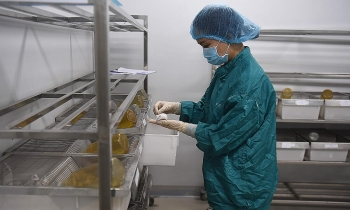 | Vietnam’s COVID-19 frontman shares containment experience with Asian peers Luong Ngoc Khue, one of Vietnam’s COVID-19 frontman has been sharing Vietnam’s experience in curbing the novel coronavirus and treated patients at an international forum ... |
 | Vietnam to test COVID-19 vaccine on the elderly The elderly people are target subjects of the prevention and control of the COVID-19 pandemic. All COVID-19 vaccine developers and manufacturers need to prove the ... |
Recommended
 World
World
Pakistan NCRC report explores emerging child rights issues
 World
World
"India has right to defend herself against terror," says German Foreign Minister, endorses Op Sindoor
 World
World
‘We stand with India’: Japan, UAE back New Delhi over its global outreach against terror
 World
World
'Action Was Entirely Justifiable': Former US NSA John Bolton Backs India's Right After Pahalgam Attack
Popular article
 World
World
US, China Conclude Trade Talks with Positive Outcome
 World
World
Nifty, Sensex jumped more than 2% in opening as India-Pakistan tensions ease
 World
World
Easing of US-China Tariffs: Markets React Positively, Experts Remain Cautious
 World
World

